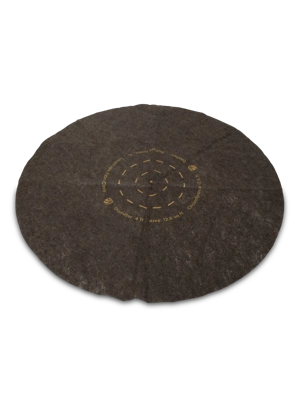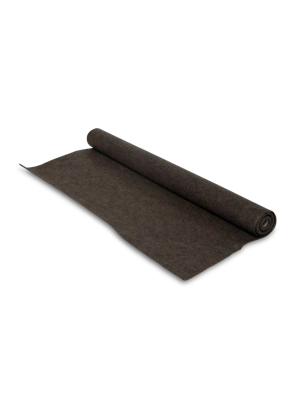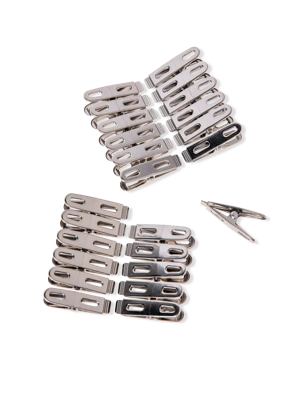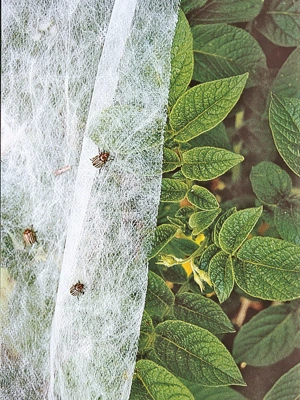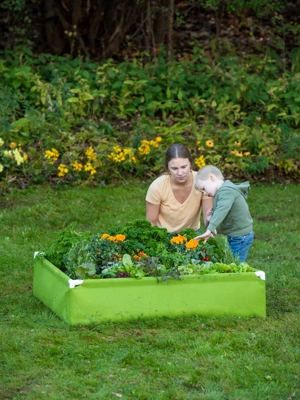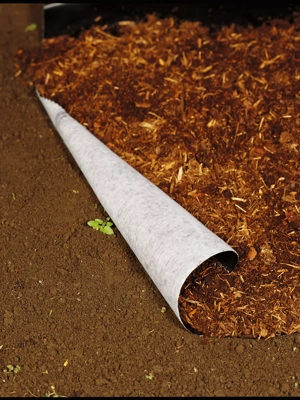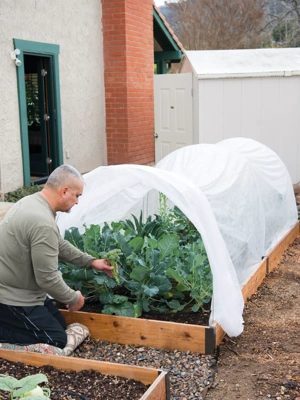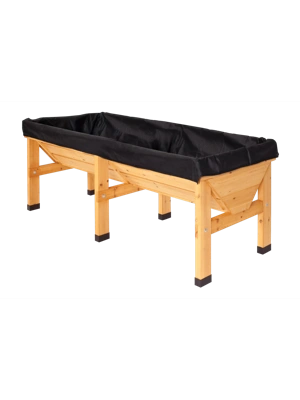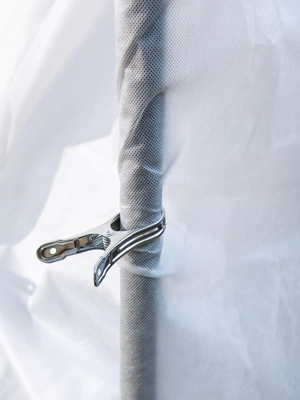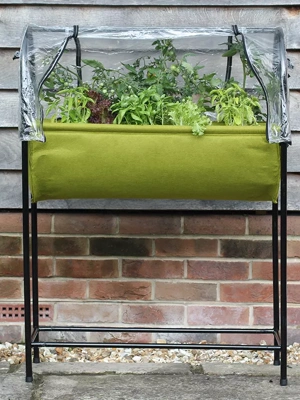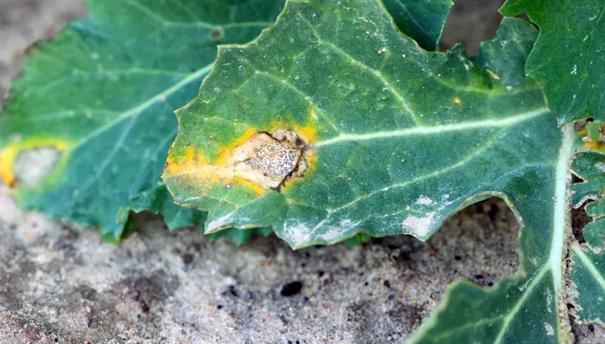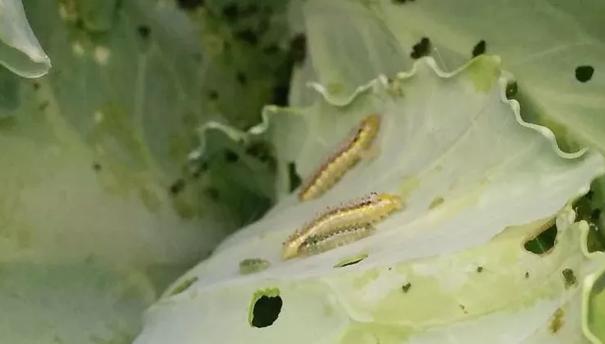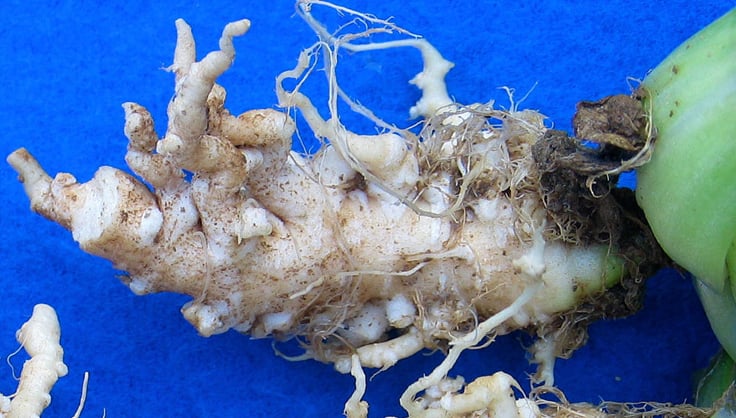Brussels Sprouts
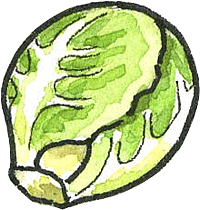
Brussels sprouts are one of those vegetables that people either love or hate. If you're a fan, you'll find that home-grown sprouts are much more delicious than any others you've eaten especially if you're growing them in a cool climate.
Brussels sprouts are a little tricky to grow. The plants require a long growing season (it takes at least 100 days to produce a mature Brussels sprout). They also require rich soil with a high organic content. They dislike hot weather and must have consistent moisture. Brussels sprouts also require staking to prevent the tall, top-heavy stalks from tipping over.
Because Brussels sprouts take such a long time to mature, cold-climate gardeners almost always start out with transplants rather than seeds. Plan to set the young plants out into the garden once the weather has settled, soon after the last frost. In warm climates, Brussels sprouts are sometimes planted in early fall for a late-winter harvest.
For best results, Brussels sprouts need at least 18 inches of space per plant. If you want to include them in your raised bed, plan your garden so some space around your Brussels sprouts will open up as the season progresses. For example, you might plant a spring crop of lettuce or spinach nearby. Once those crops have been harvested, the Brussels sprouts can occupy a larger footprint.
To get the best production, cut off the top few inches of the plant a month before the first fall frost. This will encourage the plant to develop bigger sprouts instead of just getting taller.
Brussels sprouts mature from the bottom up. It is normal for the bottom leaves to begin yellowing as the sprouts start to mature. Just remove any spent leaves. You can start harvesting the bottom-most sprouts (gently twist them off the stalk or slice with a sharp knife) when they're ¾ to 1" in diameter. In ideal growing conditions, you may get as many as 50 sprouts per plant.
Brussels sprouts are most flavorful when they mature in cool weather and have gone through a couple frosts. The plants will tolerate temperatures into the mid-20s.
Like other members of the Brassica family, Brussels sprout seedlings can be damaged by flea beetles. Protect young plants by covering them with a piece of row cover (garden fabric) for the first couple weeks after transplanting.
Last updated: 01/28/2021
Print this Article:
Related items
Related Articles
Get the Dirt
Stay up to date on new articles and advice. Please fill out the information below.


